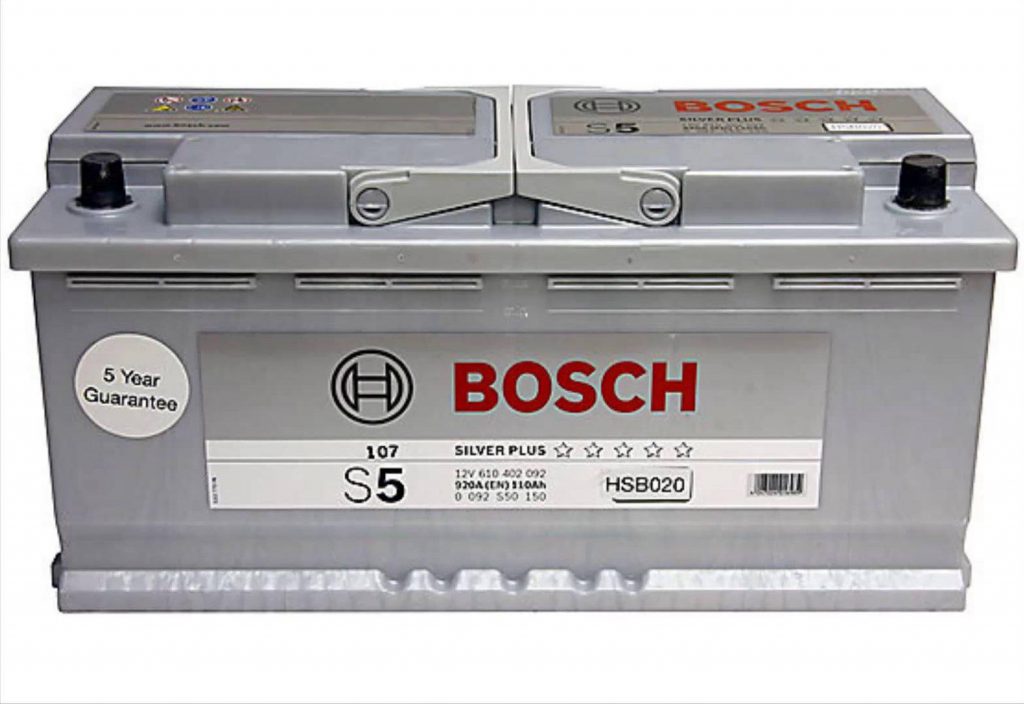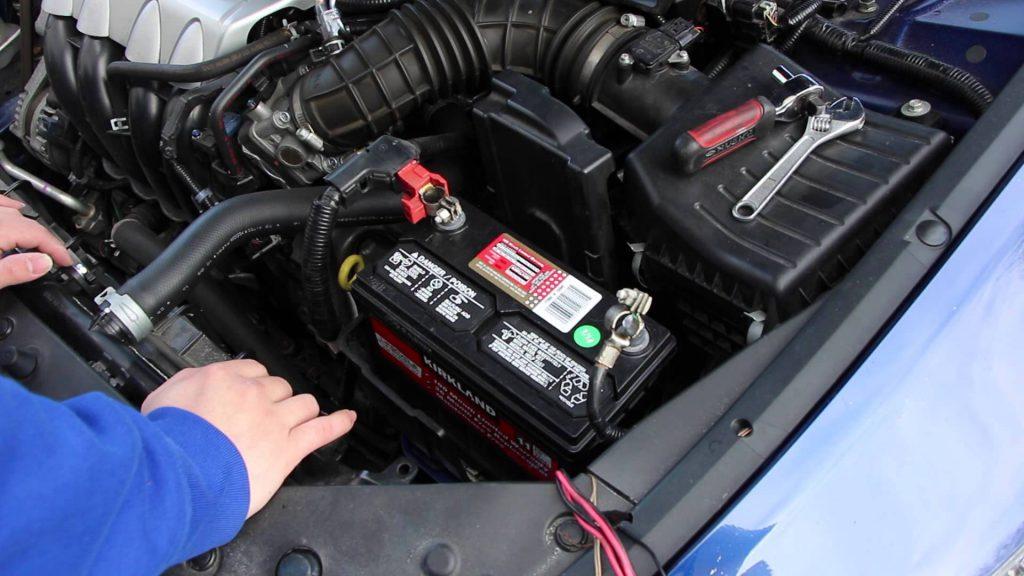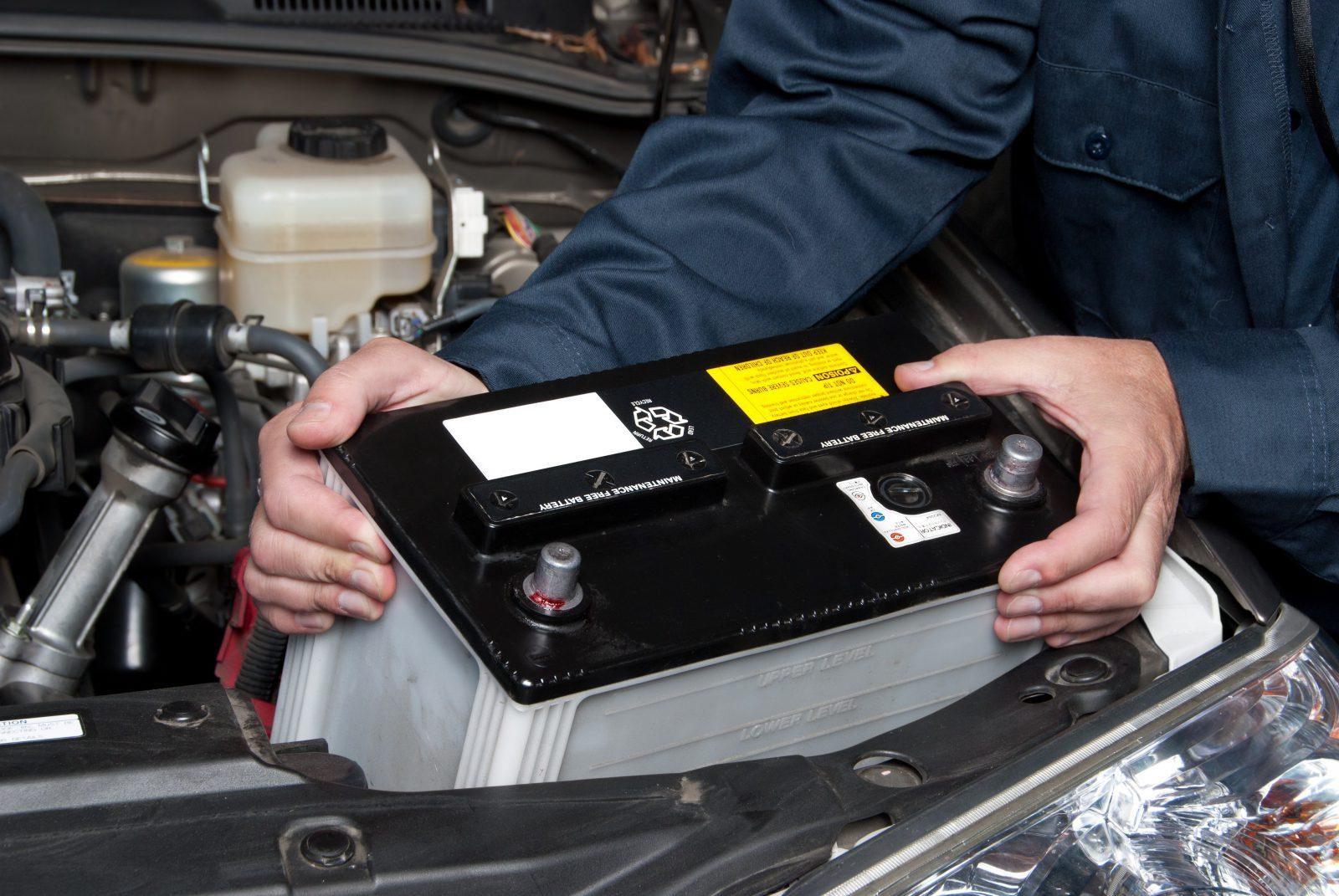Does the weight of the car battery matter? Well, every mind having this question, needs to know that “Yes” it does! Especially, when you are buying a new battery, or removing and installing the one in your car.
However, if you still believe that it’s just not important, remember that ignoring the battery features can cost you a lot more at later stages. For instance, a heavy car wouldn’t give high performance and may not be as strong, if an adequate power battery is not attached to it. That’s why you need to know how much does a car battery weigh.
Contents
Know all about – How much does a Car Battery Weigh
Do you know that the weight of a car battery directly affects the overall weight distribution and balance of the vehicle? A heavier battery can impact the handling and stability of the car. Manufacturers carefully consider the weight distribution when designing a vehicle to optimize performance and ensure safe driving dynamics. Additionally, a lighter battery can contribute to improved fuel efficiency, as it reduces the overall weight of the vehicle.
And a lighter battery can contribute to better fuel efficiency. A reduction in the weight of the car helps decrease the energy required to move the vehicle, resulting in improved gas mileage or increased electric range for electric vehicles. This is particularly important as automakers strive to meet stricter fuel economy and emissions regulations. Additionally, the weight of a car battery also affects the ease of installation and handling. Batteries are typically located in the engine bay or trunk, and mechanics or vehicle owners may need to remove and replace them during maintenance or battery failure. A lighter battery makes this process more manageable, reducing the risk of strain or injury.
We can see that the battery weight can have a great impact on car performance. To understand the impact of the various batteries on the emerging market of cars, let’s first know about the existing types of car batteries.
1. Empty battery
This charging component weighs heavy then, on getting empty it would be around 15 pounds in mass. This defined average value is of course for a standard core battery.
On the other hand, for lightweight battery models, the weight may differ from 6-7 pounds.
An empty battery also presents an opportunity for renewal and recharging. Rechargeable batteries, such as those found in smartphones, laptops, and electric vehicles, can be connected to a power source to replenish their energy. With the growing availability of charging stations and portable power banks, recharging a battery has become more convenient in many settings.
2. Standard battery
The average weight of battery models falling under this type ranges from 40 to 60 pounds. However, the model of the battery, which would fit any car ideally, relies on the various facts. For instance, the carload, the weight of the engine, and the count of components (which start using the battery) determine the ideal battery for the car.
Tip: Before you make your purchase for the car’s battery make sure to check its specs, to get the one that is compatible with your vehicle.
Note: You may want to read our car battery reviews to have great understanding of car batteries and how to choose the best auto battery on the market.

Lightweight batteries
Vehicle owners seeking great and better performance batteries for small cars can think of purchasing lightweight batteries. With a weight range of 10-20pounds, these batteries are small and can be easily removed and installed in a car. While shopping for this car’s part, make sure that you purchase the battery not based on the size or price but by considering the minimum power required by the vehicle.
See more:
Average Car Battery Weight Expectations for Popular Models
After knowing about the types of car batteries based on their weight, let’s consider looking at the standard battery required in some of the popular models.
| Name of The Car | Brand of the Car’s Battery | Battery Weight (Pounds) |
| · Toyota Prius 1.8 Petrol,· Corolla Petrol,
· Innova Petrol, · Etios Petrol , · Etios Liva Petrol, |
Amaron Go 35AH Battery | 19.84 Pounds |
| · 2011 Subaru Impreza 2.5i AWD 2.5L FI SOHC 4cyl | Duralast Platinum Battery | 39.01 Pounds |
| · 2011 Nissan/Datsun Truck Frontier Pro-4X 2WD 4.0L FI DOHC 6cyl | Duralast Gold Battery | 37.74 Pounds |
| · 2006 Honda Accord Hybrid 3.0L MFI Hybrid SOHC 6cyl | Valucraft Battery | 27.61 Pounds |
| ·2011 Mitsubishi Eclipse GT 3.8L FI SOHC 6cyl | Odyssey Battery | 46.60 Pounds |

Do Batteries Weigh More When Charged?
Batteries will slightly weigh more when they are charged. When a battery is charged, it undergoes a chemical reaction that stores energy in the form of chemical potential. This chemical potential is converted into electrical energy when the battery is discharged. During the charging process, ions move from one electrode to another within the battery, resulting in a change in the overall mass of the battery.
In most rechargeable batteries, such as lithium-ion batteries, the charging process involves the movement of ions between the positive and negative electrodes. When the battery is charged, ions (typically lithium ions in lithium-ion batteries) are extracted from the positive electrode and moved to the negative electrode, where they are stored. This movement of ions leads to an increase in the mass of the negative electrode and a decrease in the mass of the positive electrode.
As a result, a fully charged battery will generally weigh slightly more than when it is discharged. However, the weight difference is usually minimal and may not be noticeable without precise measurements. The weight change is primarily due to the movement of ions and the associated chemical reactions occurring within the battery during the charging and discharging processes.
Watch more:
Now studying all about how much does a car battery weigh, do you want to learn further about its maintenance tips? If yes, then you can start learning from the steps, which are essential to test the car battery.



